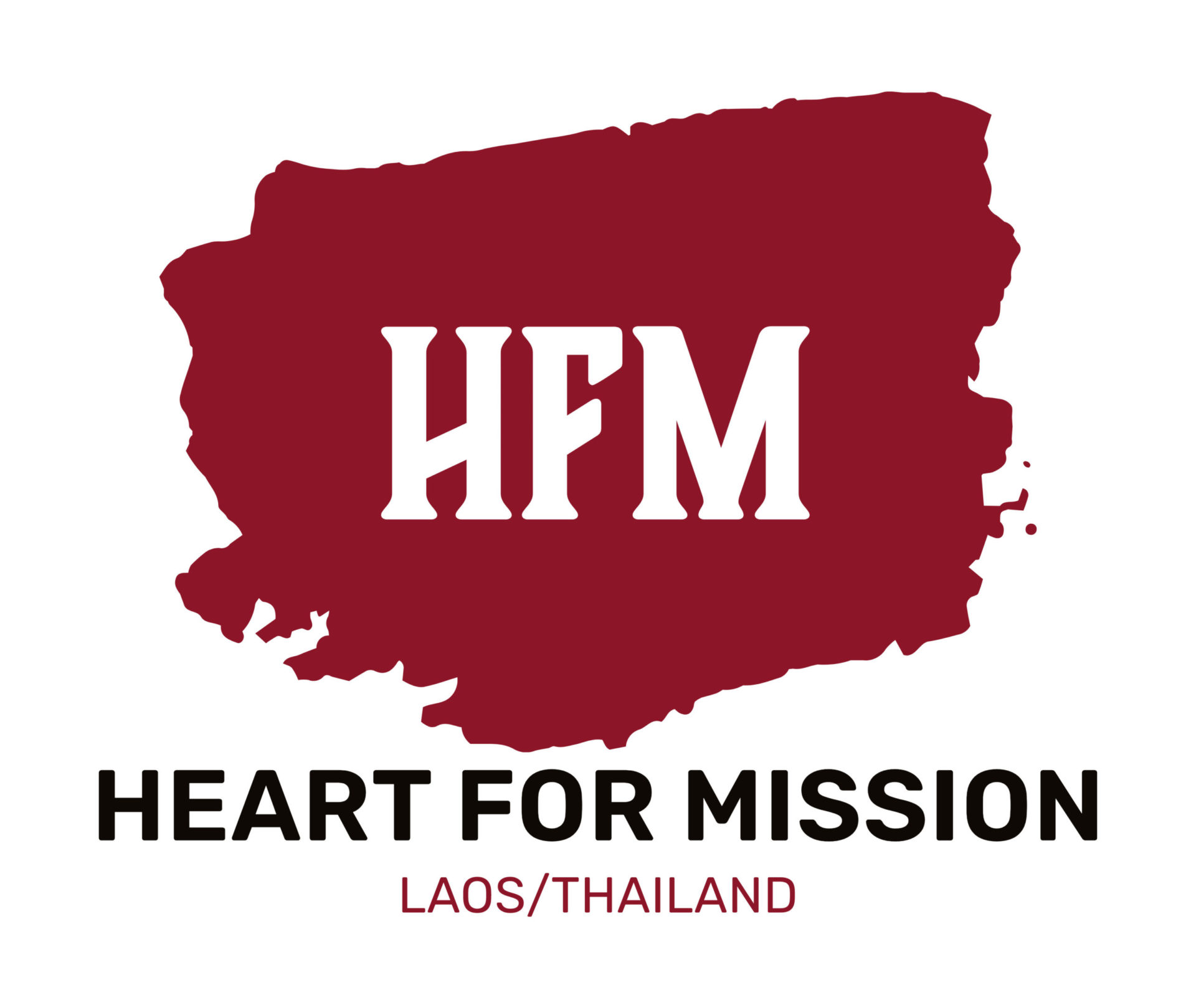The Need
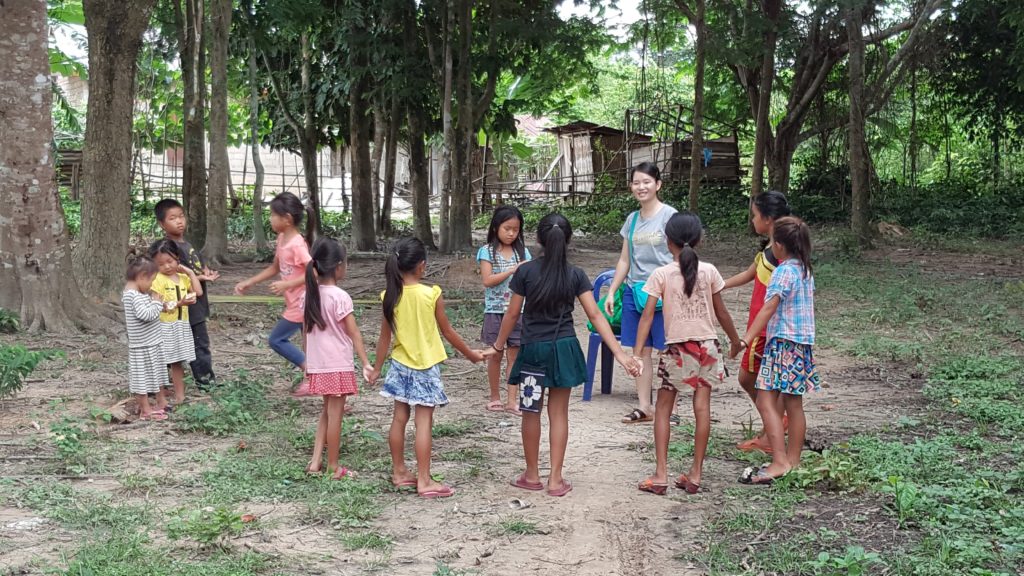
Heart for Missions serves and works primarily in Laos and Thailand. However, we have a long-term relationship and partnership with churches in Myanmar. All three countries are part of the 10/40 window representing a large population of unreached people. Both Laos and Thailand are in the top 50 most persecuted countries in the world. Learn how you can support our ministry work here.
1. The Unreached People: the need to proclaim the gospel
When considering the stats of the three nations combined, there are over 223 people groups that are considered unreached in Laos, Myanmar, and Thailand, with a total of 113,751,000 people who have not heard the gospel of Jesus Christ. That is, over 86% of those countries’ population is considered unreached. The majority of these people groups fall practice folk Buddhism, a form of Buddhism with Animist worship.
What are unreached or least-reached people groups? They are people groups among which there is no indigenous community of believing Christians with adequate numbers and resources to evangelize that group. (Joshua Project: FAQS)
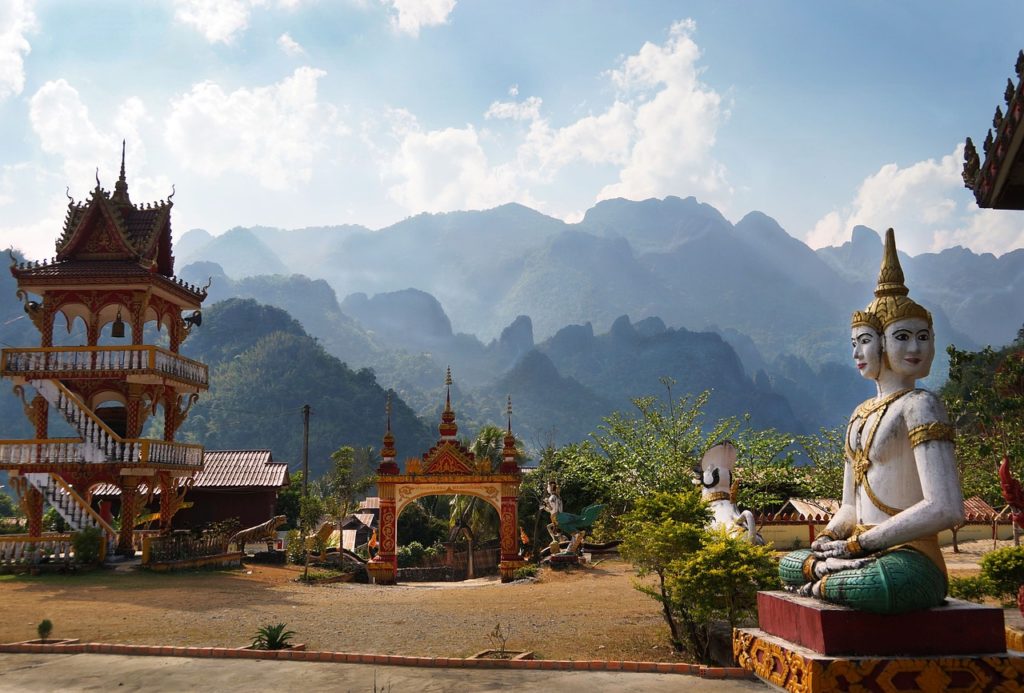
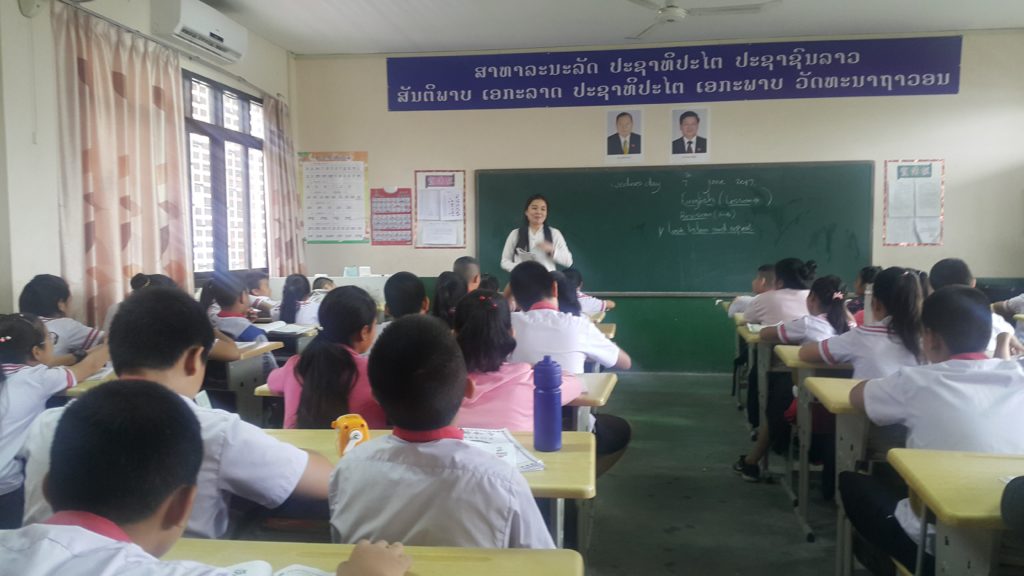
This means that without the support of missionaries, the Gospel will not spread in those communities. This is very different from our majority Christian Nations of the West. Who has a wealth of access to the Gospel, Christian resources, and seminary education.
2. The Theological Famine: The need to education the church.
There is a theological famine in the Mekong Region of Southeast Asia. There are limited education opportunities for Christians to study theological subjects to support their churches. Very few pastors have master’s or bachelor’s level of theological education. Many churches in the West cannot even accept if their pastor does not even hold a master’s or bachelor’s degree in a theological subject. Sadly, many Western Christians consider theological education for the global church unnecessary. Pushing for church growth models over discipleship. This is a huge problem when studies show that the more educated the pastor in the congregation, the more financially and spiritually stable the church is in being self-governed, self-supported, and self-growing.
Below are stats and information about each country we work in and serve.
Laos (Lao People Democratic Republic)
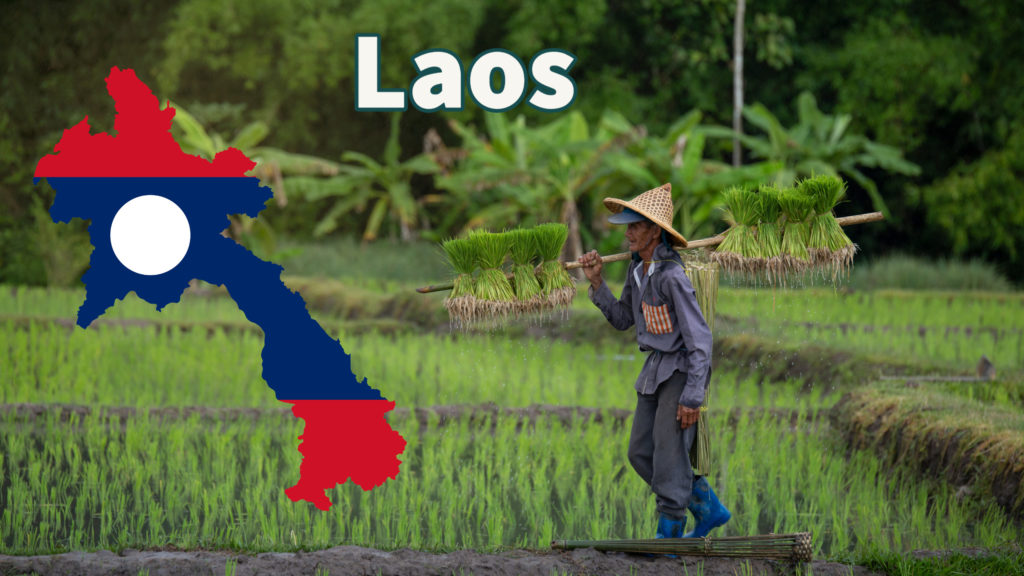
Laos’ population is around 7.1 million people, with 109 unreached People Groups. Less than 3% of the population is considered Christian.
Laos has been in the world’s top 25 most persecuted countries for over 25 years. Its ranking shifts from year to year, depending on other countries. Christians face much persecution from their family and community members and, in some cases, authorities at local levels; many in power are afraid that “Foreign enemies will use Christianity to challenge the current government.” So, Christianity can be viewed as a threat. It is not uncommon for house churches and new church buildings to be destroyed or for Christians to be kicked out of their villages, attacked, or arrested.
Thailand
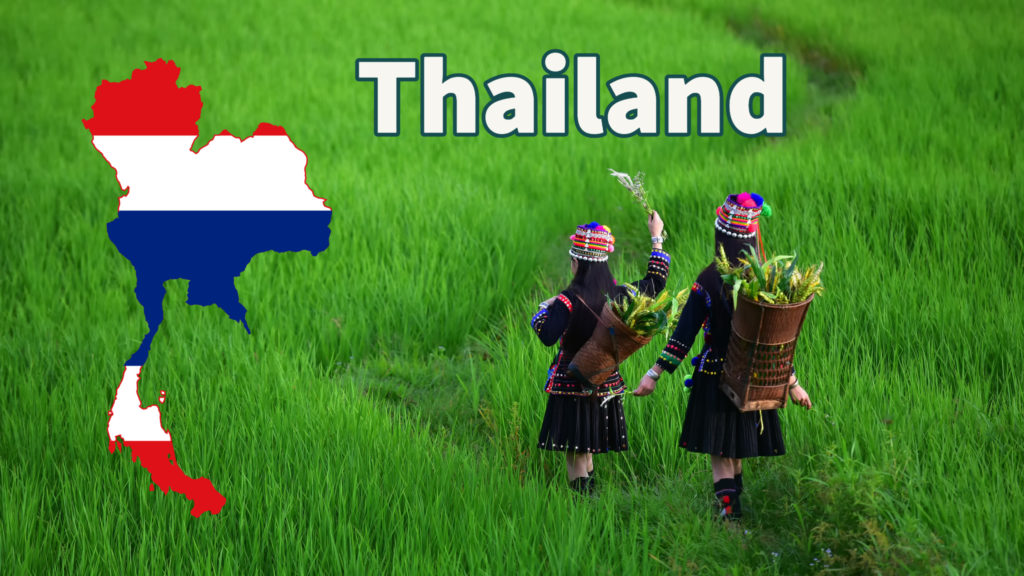
The Population of Thailand is over 70 Million people, with less than 1% as Evangelical Christians. There are 78 unreached people groups in the country.
Compared to Laos, Thailand has more freedom, and churches and house churches are allowed. However, there is still persecution among families.
Several seminaries operate in major hubs in the country. Many only offer courses in the Thai language, with just a few in English. Christians in neighboring countries can apply for student visas to study in government-approved Christian Schools. However, many factors make this difficult.
Myanmar (Burma)
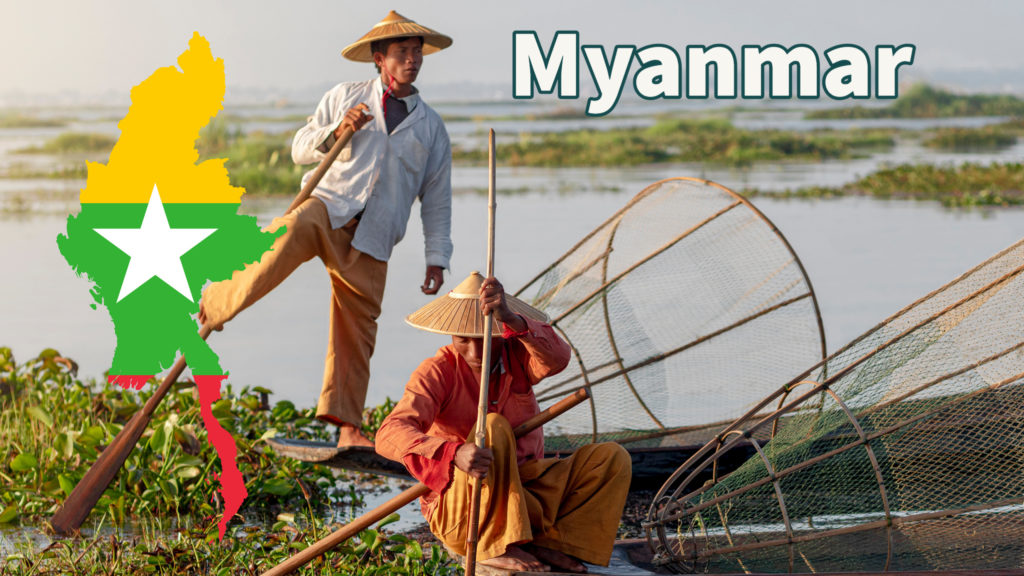
Myanmar (Burma in the USA) has a population of 54 Million, with 4.8% of the population as Evangelical Christians. Myanmar has been in the top 25 most persecuted countries since the 2000s. There are 53 unreached people groups in the country.
Myanmar is in a civil war between the civil-elected government and the military leadership. This makes travel in the country difficult and outreach to rural areas even more dangerous.

